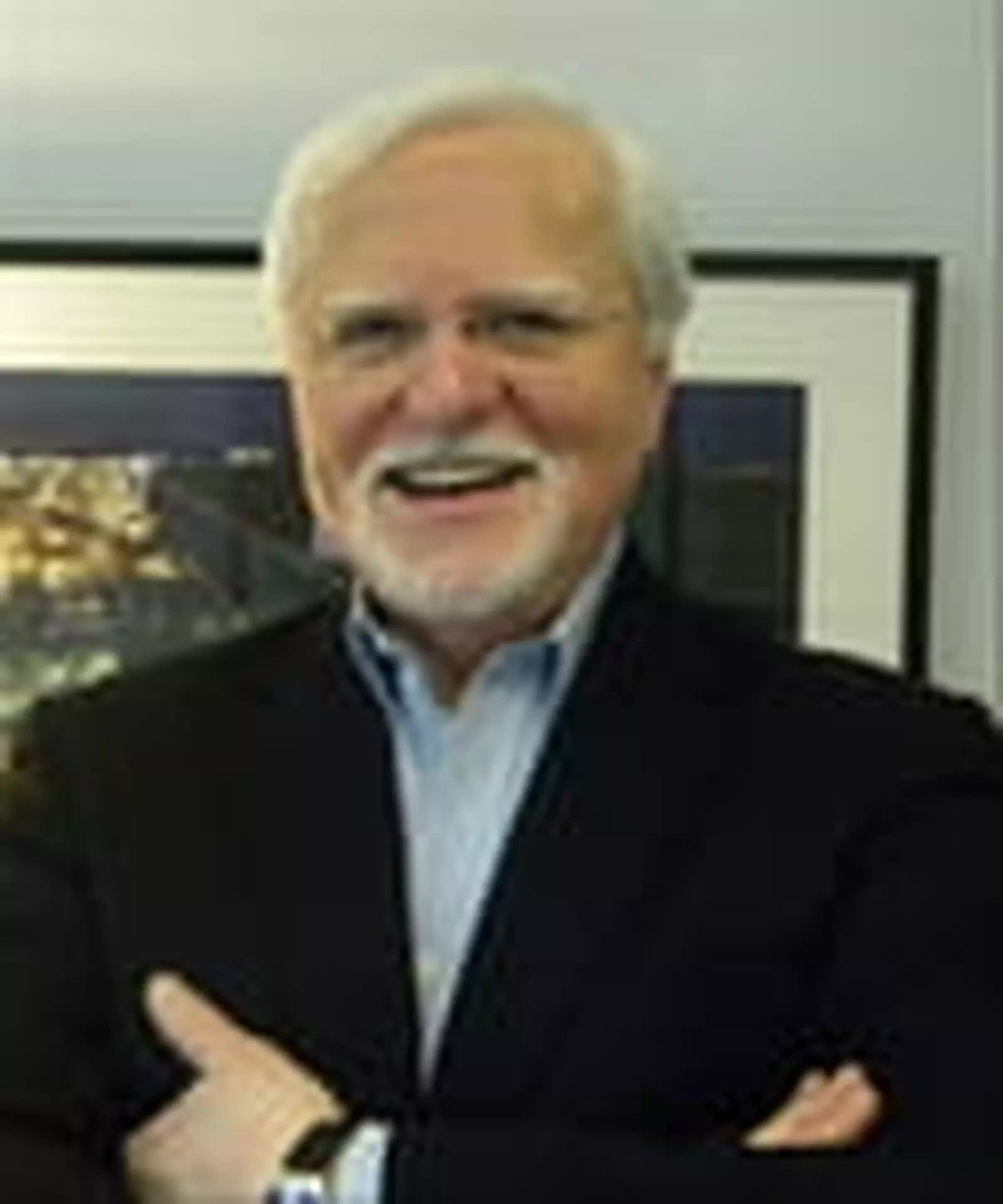7 Ways Pastors Discourage Their Church from Using the Bible

“The law of the Lord is perfect, restoring the soul… They are more desirable than gold, yes, than much fine gold; sweeter also than honey and the drippings of the honeycomb… In keeping them there is great reward.” (Psalm 19:7-11)
The Bible loves the Bible.
From one end to the other, God’s Word tells us how wonderful God’s Word is. Better than gold and sweeter than honey it is. Job said, “I have esteemed the words of Thy mouth more than my necessary food” (Job 23:12).
We preachers believe this. And we say those words to our people. We like our people to bring their Bibles to church, open them as we read and preach, and use them when they return home.
There is nothing wrong with our aspirations in this regard.
When it comes to connecting our people with God’s word personally to the point that they will become ardent readers and diligent students of Scripture, we should give ourselves a C-minus, however. And sometimes, an F.
Without any study to back it up, I say categorically that the typical member of our churches–those who fill your pews each Sunday and are your best supporters, pastor–takes his Bible home and does not open it until the next time you rise to preach.
There is something bad wrong here. As a general rule, we pastors are doing a poor job of encouraging our flock to love the Word and live in the Word so that they might live “by” the Word. That is the point after all. Jesus said, “If you know these things, blessed are you if you do them” (John 13:17). It is the doing of the Word which is our goal (James 1:22).
Question: In what ways are we dropping the ball? How are we failing to encourage our people to love God’s Word and to live in it?
We’ve pinpointed seven ways. You may think of more.
Photo Credit: ©Getty Images/Boonchai Wedmakawand
1. Overdoing the Greek and Hebrew
A pastor discourages his people from opening their Bible, reading it, and loving it when he overdoes the Greek and Hebrew bit.
You know the routine. The pastor reads a verse, then says something like, “Now, the Greek does not say that. This verb in the Greek is a past pluperfect intransitive and when coupled with an indirect object of the active preposition means ‘sometimes but not always.’ So, the translators got it wrong here.”
You want to run out the door screaming.
The pastor makes the Scripture seem too complicated when he spends a lot of time digging into the Greek and Hebrew. Members go away feeling only the PhDs can grasp its meaning.
People walk out the door believing the Bible they hold in their hands is untrustworthy and inadequate.
Now, personally, as a college student, I it when the pastor brought some fresh insight from the original languages. My conclusion is there is a time and place for this, but if overdone, this practice is indeed deadening to the spirit.
2. Undermining the Bible’s Trustworthiness
A pastor discourages his people from loving the Bible when he undermines their confidence in its inspiration.
I was visiting in a church one day when the pastor’s entire message centered on how John 8:1-11 (the story of the adulterous woman brought before Jesus) is not found in the oldest manuscripts of Scripture. After completely destroying their confidence in the trustworthiness of the Bible, he concluded by assuring his people that in spite of all this the Bible in their hands was God’s inspired word and could be trusted. Therefore they should read it and live by it. But his final words could not undo the damage the sermon had caused. (Note: I told our Sunday School class recently that this story was not found in the oldest manuscripts, but we all agree that “it sounds just like our Lord.”)
Pastors need to settle once and for all that “All Scripture is inspired by God and is profitable for teaching, for reproof, for correction, for training in righteousness, that the man of God may be adequate, equipped for every good work” (2 Timothy 3:16-17).
Unless you believe that with all your heart, pastor, you will not be able to bring your people to the same confidence and faithful trust. (For any minister not believing this–or having serious doubts as to the integrity of the Word–there is plenty of help available. I suggest you start by calling your mentor, some older pastor whom you love and trust. If you don’t have one, find one now!)

3. Reading a Few Verses, Rather Than Studying
When he gives only lip service to the Word in the worship service and the sermon, no one is encouraged to know the Word.
Some pastors will read one or two verses up front, then spend a half-hour on unrelated stories, his opinions, and reviews of books he has read.
No wonder our people do not return home eager to get into the Word and incorporate its truths into their lives. We are not showing them those truths.
A friend says we silence the Word by putting our own spin (cultural, political, racial, etc.) on Scripture rather than letting it speak for itself.
May I add that we can go too far in the other direction, too. I like the image of the pastor holding the Bible in one hand and today’s newspaper (remember those?) in the other. Preach the word, pastor, but show its relevance to what’s going on today.
4. Ignoring Scripture in Sermons
When his sermons ignore the Scriptural message, he fails his people.
He may read from a text, have the Bible read as a part of the service, and still deliver a sermon devoid of any biblical content. The Lord said, “This people honors me with their lips, but their heart is far from me” (Matthew 15:8, quoting from Isaiah 29:13).
This is mostly a repetition of point 3, but needs saying. How often have we heard sermons that exist apart from Scripture. A few verses were read up front, but then completely ignored in order for the preacher to deliver this neat little package of stories and personal convictions. You could have heard the same thing in a civic club meeting.
I’m not opposed to topical preaching. But exegete the word, pastor.
Chuck Swindoll’s book The Church Awakening points out that expository preaching needs to be central.
Photo Credit: ©GettyImages/pcess609
5. Skipping Around
When he skips around the entire Bible, giving a verse here and a verse there, his people do not learn the Word.
One of the problems here is that some members will fall out of the balcony afterward to brag on the preacher for “using lots of Bible.” The more he quotes random verses to support his points, the more convinced they are getting the pure unadulterated (that is, not watered down) message of the Lord.
They end up reinforcing a bad practice of preachers: shotgunning instead of laser-pointing. Birdshot instead of bullets. (Okay, bad metaphors. But you get the point.)
Second-guessing myself here, may I say there may be times when piling text atop text is in order. But not as a rule. If one of your primary objectives is to encourage your people to know the word and love it and meditate upon it and live by it, then you will want to choose verses carefully and give your people time to find them in their Bibles and to learn them.
The danger of piling up lots of verses and throwing them at our members is while we impress them with our knowledge, we abandon them to their scriptural ignorance. This is no way to teach the Word.
In the schoolroom, the math teacher does not try to dazzle her students with all the formulae she knows. She teaches them one formula, shows how it pertains to solving problems, leads them to master it for themselves, and then eventually builds on that with something more complex.
6. Too Much Scripture on the Screen
When he puts large amounts of Scripture on the screens, the pastor discourages people from opening their Bibles.
When all the sermon’s scriptures can be read on the screen, people have no incentive to bring their own copy of the Word. We end up discouraging them from bringing their Bibles to church and learning how to navigate their way through its teaching.
Solution: Put “some” things on the screen, but don’t overdo it.
This is the reason, incidentally, some pastors do not like “pew” Bibles. Why should members carry their own Bibles to church when they are provided in the hymn racks? The answers to that include a) visitors and outsiders will have access to the Bible, b) everyone can read with the same translation, and c) some people may forget to bring their copy. (Some even encourage first-timers to take that Bible home with them if they do not own a copy of Scripture.)

7. Not Faithfully Reading the Bible Yourself
We discourage our people from using the Word when we do not model faithfulness in this area.
A friend suggested you pay attention to the little things, pastor. Hold the Bible in your hand as you preach. Take care not to lift a scripture from its context.
Someone else suggested that sometimes the preacher does not give people time to find the text. Or he will quote a verse without citing the reference.
We suggest that the pastor should consider the place of Scripture in his personal life. This includes his memorization of the Word, his use of it in personal evangelism, in his family life, at work, etc. His prayers should reflect that Scripture has a prominent place in his heart and soul.
Wes is a deacon who has heard plenty of sermons in his years in the church. He quotes John MacArthur: “What a great sermon–now, if I can just find some Scripture to go with it!”
To our shame, Wes, that does go on. I’ve probably done it myself. A story is so right, so good, it demands to become a sermon. And, there just “has” to be a Scripture that speaks to this subject. Arrgghh!
When we announced to some friends my plans to address this subject, Randy said: “I may be one of those you are talking about who does a poor job of encouraging his people to use their Bibles. I’m eager to see what help I can get from this.”
Randy is halfway there. Once we recognize we are doing less than we should, we’re on our way to correcting the problem.
This article originally appeared on joemckeever.com. Used with permission.
Photo Credit: Ben White/Unsplash
Originally published April 28, 2025.







